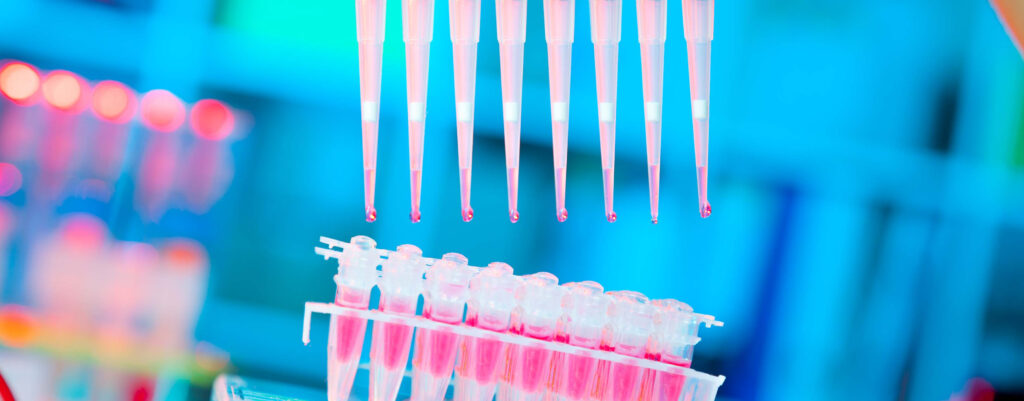Understanding how to take care of your body after a stem cell transplant is paramount. In some cases, your immune system may be compromised; in others, you may feel tired or weak. Regardless of why you get cell therapy, your aftercare is going to make a huge difference to how you feel during your recovery and even how successful the treatment was in and of itself.
Since a stem cell transplant isn’t invasive, nor does it typically require heavy-duty medication in the follow-up, many may be thinking that they can jump right on into their old lifestyle habits, but this isn’t true. Ideally, you’ll want to boost nutrition, rest, and care for your body during this time.
For those who drink, of course, you may be wondering what the recommendations around alcohol consumption are and when you can start drinking again. This guide will get into all that important information so that you can properly give your body the time to recover what it needs.
Everything You Need to Know About Stem Cell Therapy
Stem cell therapy isn’t like most traditional medical treatments. For most, it’s just an IV that’s set up to deposit the stem cells throughout the body; for others, it’s a targeted injection into the area that needs it most.
To help you understand what are stem cell injections, and why you may need to minimize or avoid alcohol intake, you need first to understand stem cells.
Stem Cells
What are stem cells? Stem cells are sourced from a blood cell, fatty tissue cell, or even donated umbilical cords. They are the master cells and can become other cells as your body needs. Now, we all have stem cells, but the point of this treatment is to use donated stem cells to help boost your healing.
Don’t worry, we run blood tests and screen cells after donation to ensure only the highest quality donated cells are used in your treatment.
What Happens After the Treatment
Stem cells first need to be accepted by your body and not rejected as foreign tissue. Once that period passes, stem cells can start to be used. In some cases, they can help build up muscle or tendon tissue. In other cases, they can help you replenish healthy blood levels. Stem cells are used throughout the body during the healing process, so the exact results differ massively from person to person. That’s why we here at Bioxcellerator always conduct a full consultation before the treatment, to make sure you’re a good fit and also to help you understand what type of results you may experience based on your treatment type and condition.
What Alcohol Does to the Body After Stem Cell Therapy
First up, let’s get into what alcohol does to the body after a medical treatment like a stem cell transplant.
Impaired Immune System
If your stem cell transplant was with bone marrow, specifically to treat a disease like leukemia, then you are already at higher risk of infection than normal. This is because your immune system is already suppressed thanks to chemo. Alcohol then impairs your immune system further, which can actually tip you in the opposite direction of where you want to go.
Stem cells need energy to work, and if your body is fighting off a virus, then the stem cells won’t go towards their job. Instead, they might become white blood cells to fight off that virus.
Inflammation
Alcohol always causes inflammation in your system. It’s a simple fact, and it’s a fact that can harm your recovery efforts. Just like how stem cells might become white blood cells if you have a virus, inflammation can also draw attention away from what you want to be healed.
Interferes with Nutrient Absorption
Alcohol also makes it harder for the body to absorb nutrients. Eating a healthy, nutrient-rich diet after treatment is essential to give your body the energy it needs during this relaunched healing period.
Can You Drink Alcohol After Stem Cell Therapy?
So, can you drink alcohol after stem cell therapy? The overall recommendation is to wait and give your body time to recover so that the stem cell treatments can focus on your condition first and foremost.
In cases where you are treating issues like blood cancer, for example, when your immune system is at risk, not drinking alcohol is critical. For others, where there is a risk of infection, you again need your immune system to be in fighting condition.
Alcohol slows the rate and effectiveness of recovery, which is exactly what you want your stem cells to focus on. By avoiding alcohol for the first while, you can help those stem cells do their job better and help give yourself the best chances of treatment success.
Alternatives to Consider Instead of Alcohol
Since, for the first few weeks, you should abstain or at least minimize alcohol intake, you may be wondering what you can drink instead. While non-alcoholic beer, for example, exists, this isn’t the best option available.
Instead, consider swapping to nutrient-rich options. Fresh juice, smoothies, and even mocktails can all help you during your recovery process, as they’re typically made with fresh fruits and, as a result, are jam-packed with the vitamins and nutrients that help you through the post-treatment process best.
Other Health Tips to Ease You Through Your Recovery
Considering the stem cell therapy cost, you don’t want to do anything that can jeopardize your recovery. Things as small as your diet or even your lifestyle can impact how well the treatment works, so doing everything you can to increase your chances of treatment success is paramount.
Don’t worry. At all the locations we cover, we offer a full list of recommendations for your post-treatment period to help you get the most potential benefits out of your investment. This includes follow-up calls to help us understand how you are doing and if you have noticed results.
Results can take weeks, months, or even up to a year to fully occur, so it’s important to keep full track of your condition to best visualize if and how the treatment has impacted your quality of life.


